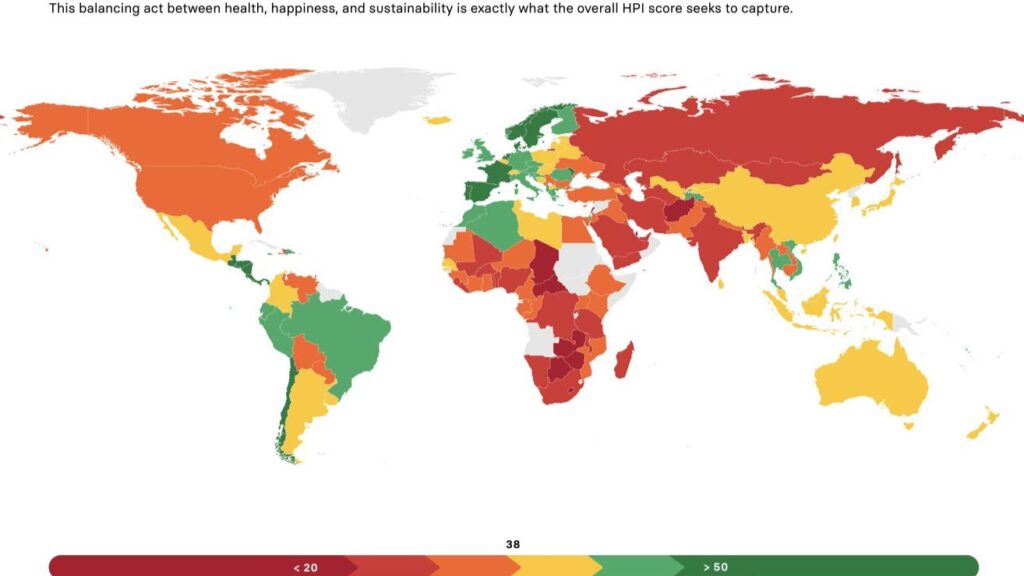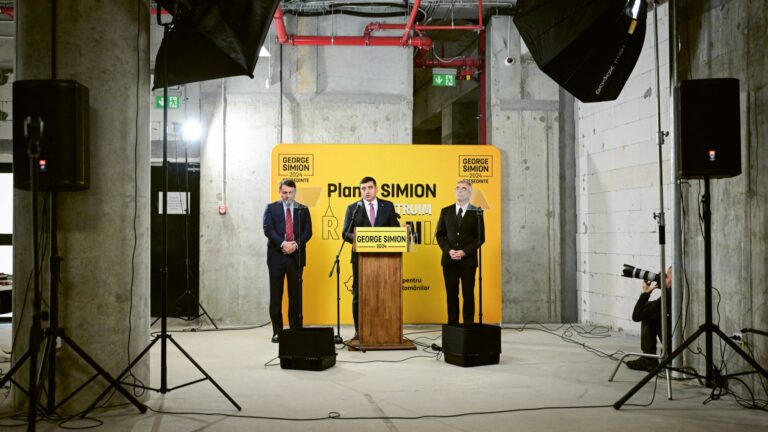As stated in Hungary’s Fundamental Law, the survival of the nation is ensured by the family, without the growth of which sustainable development and economic prosperity are not possible. The Hungarian Government believes that supporting families is the most important investment in the future and secures the future of our nation.
Fourteen years ago, a new era began in Hungary, the era of national politics. After taking office in 2010, the second civic-minded government broke with socialist–liberal policies that had brought the country close to bankruptcy and laid down the foundations for Hungary’s long-term development. The work of reconstruction was based on the triune principles of God, homeland, and family. The process began with the resurrection of the economy, one cornerstone of which was the creation of a competitive, work-based society and an economy that can face demographic challenges. The government has pointed out that the decline in population since 1981 and the accelerating ageing of the population have jeopardized the future of the Hungarian nation and the country’s economic performance and that significant efforts are needed to mitigate these negative trends.
Work Instead of Aid
Over the last 14 years, the national government has created a work- and family-oriented social structure and a political and economic system capable of strengthening it. Furthermore, it is a structure that works not in the interests of business lobby groups or foreign organizations, but in the interest of the Hungarian people. One of the greatest achievements of Hungarian economic policy has been a break with social assistance-based policies, a characteristic of social-liberal governments, and a move towards a work-based system based on the principle of ‘work instead of social assistance’, which has resulted in more than 4.7 million people working in Hungary today, one million more than in 2010. Through this government’s approach, the family is the driving force of the economic sector, providing labour, professional skills, consumption, and savings to the economy at once. With this in mind, the national government has designed a family support system that, while creating stability, also stimulates the economy.
Not an Expense, but an Investment
The Hungarian government believes that supporting families is the most important investment and will secure the future of the Hungarian nation. Hungarian family policy, which covers the entire life cycle, aims to balance work and family, support home creation, provide financial security for families, encourage births, and promote intergenerational cooperation, while providing families with choices.
Over the past years, the Hungarian state has developed one of the strongest family support systems in the world which now includes more than thirty forms of family support, including a number of measures that interact with the economic sector. After 2010, there has been a family-friendly turnabout: the family policy system retains previously introduced basic entitlements (one-time maternity allowance, family allowance, child care allowance), but focuses on work-related benefits, notably tax allowances, which are available to all working parents with children. Among the tax benefits, young people under 25 are supported by personal income tax exemption, which helps them to enter the labour market, to become self-sufficient and to have their own home. Families are also supported by personal income tax exemption for mothers under 30 and
a lifetime tax exemption for mothers of four or more children
on their earned income. Together with various tax benefits and tax rebates, a total of 4,700 billion Hungarian forints in various tax payments remained with Hungarian families between 2011 and 2023, a significant amount of which flowed into the Hungarian economy through domestic consumption. The most popular forms of family support, namely the baby expecting subsidy, the home renovation program (between 2019 and 2022), car purchase support for large families and, last but not least, family housing subsidies (CSOK), have also had a stimulating effect on the economy. The CSOK plus, which came into force in January 2024, boosts—as it did with the CSOK scheme—the entire housing market as a subsidized housing loan.
More and More Women in the Labour Market
Significant progress has also been made regarding the employment situation of women, which also has a positive impact on the economy. In terms of female employment rates, Hungary has been above the EU average every year since 2014. The increase is particularly striking for women raising children. According to the Hungarian Central Statistical Office (KSH), between 2010 and 2021, the employment rate of women aged 25–49 with children under three years old improved from 67 per cent to 75 per cent, while the rate for women with children under six years old improved from 63 per cent to 71 per cent. This could not have happened without measures to help women re-enter the labour market, in particular the development of the nursery network, and the expansion of the family support system, of which the childcare fee extra (GYED Extra), introduced in 2014, has been a milestone. This form of support has made it possible for mothers to return to work after the child is six months old while continuing to receive childcare benefits. The introduction of childcare fee extra increased the demand for nursery places also, so a new flexible nursery system was introduced in 2017, resulting in the establishment of mini, family and workplace nurseries in Hungary, in addition to the traditional ones. It is worth noting that the number of places in nurseries has almost doubled from 32,000 in 2010 to 63,000, and compared to the previous situation, more than three times as many, almost 1,100 settlements now have access to local nurseries. The government remains committed to ensuring that childcare and work shall not exclude each other but are mutually reinforcing factors in families’ lives.
As one surveys the period between 2011 and 2023, it is obvious that it is a successful decade, with the highest increase in childbearing and the number of marriages, moving Hungary from the last among EU nations to the top third. If everything had remained at 2011 levels, there would have been 178,000 fewer children born, 200,000 fewer marriages, 51,000 more divorces and 127,000 more abortions. The figures clearly show that, over the past decade, the economic and employment boom has been accompanied by an improvement in the demographic situation.








